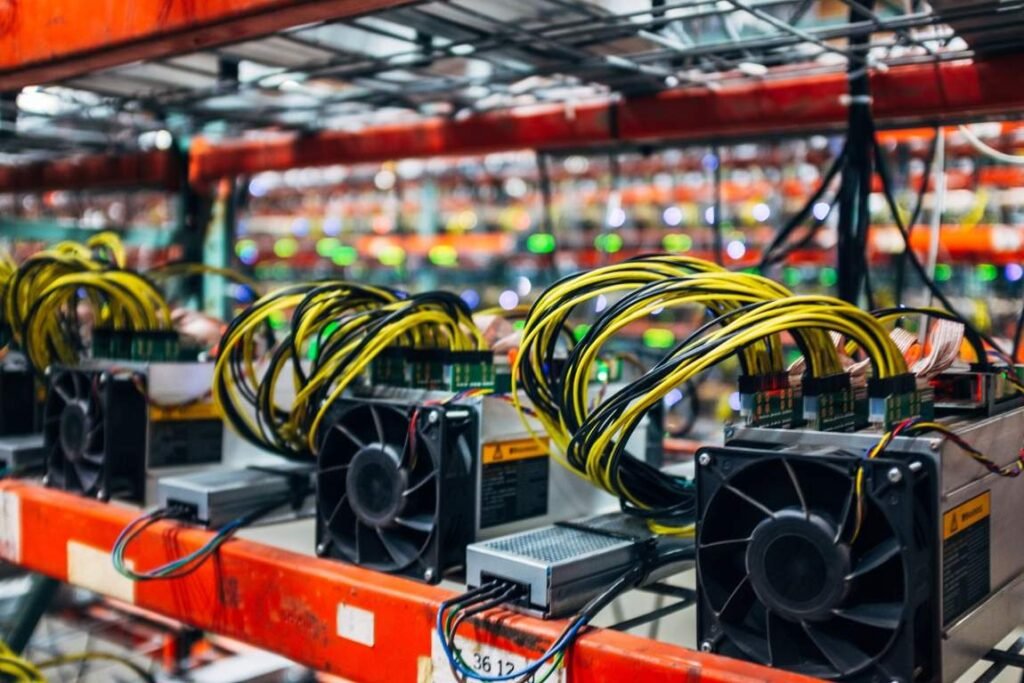As Bitcoin mining continues to evolve in 2025, one constant remains: energy policy reigns supreme in determining profitability. From surging electricity tariffs to outright bans, government decisions directly influence where, how, and if mining can thrive. Here’s how these policy shifts are affecting miners—particularly smart operators like Bitmern.
1. Taxes & Regulation Drive Cost Structures
In the U.S., proposals like the Digital Asset Mining Energy (DAME) tax—up to a 30% surcharge on electricity costs—threaten to severely increase operating expenses for miners. Without intervention, such taxes could push some miners out of the game.
Meanwhile, European regulators are exploring environmental mandates requiring emissions reporting and energy-efficiency disclosures, raising the compliance bar even further.
2. Regional Bans & Seasonal Curtailments
Governments are limiting mining in regions where energy demand is high. Russia, for instance, has implemented bans—both seasonal and permanent—in parts of Siberia and the North Caucasus through 2031 to stabilize the grid.
Likewise, Norway will impose a temporary ban on new power-intensive mining data centers to preserve energy for industrial and societal needs.
3. Energy Surplus Turns Into Profit
Several countries are capitalizing on excess energy by incentivizing mining. Pakistan is exploring dedicated low-cost electricity plans to attract international mining operations.
Similarly, a 2025 study in South Korea found that using surplus electricity for Bitcoin mining improved grid efficiency and economics for the national power utility KEPCO.
4. Corporate Compliance & Sustainability
Mining sites increasingly operate like digital infrastructure firms, thanks to investor and regulatory pressure. Some U.S. companies are securing Power Purchase Agreements (PPAs) to lock in stable, low-cost renewable energy—protecting margins and demonstrating ESG commitment.
Governments—not just in the U.S.—are also engaging: Belarus is planning to leverage surplus electricity for mining and create new job possibilities through state-led initiatives.
How Bitmern Navigates the Policy Landscape
By hosting in energy-diverse and strategically chosen locations—renewable-rich Ethiopia and regulation-hedged U.S. zones—Bitmern proactively avoids energy policy pitfalls. We lock in low-cost power, stay compliant, and offer clients transparency and stability in an unpredictable regulatory environment.
Takeaway
Energy policy isn’t just background noise; it shapes your bottom line. Mitigating unexpected taxes, regional restrictions, or supply volatility means choosing a hosting provider with foresight and infrastructure built for resilience.
Bitmern’s dual-continent hosting strategy ensures you’re mining where energy—and policy—align for profit.
Want to see how we tailor hosting against policy risk? Let’s talk.











